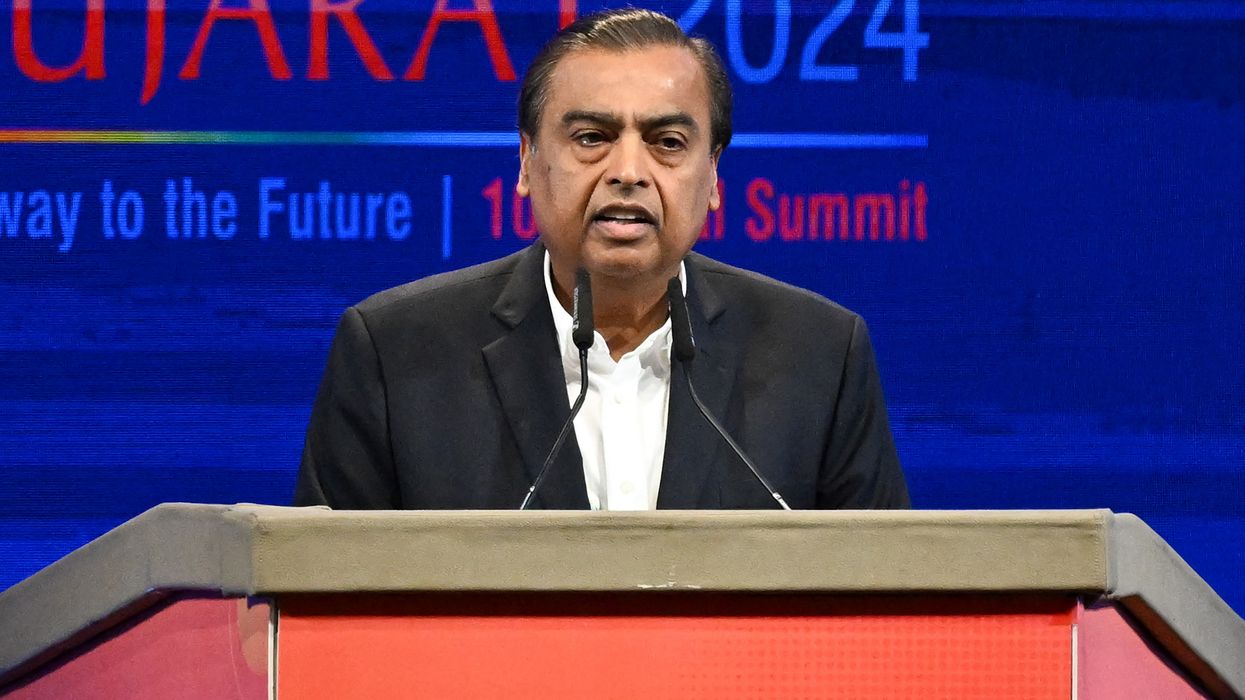Mukesh Ambani, Chairman and Managing Director of Reliance Industries, is expected to meet US President Donald Trump and the Emir of Qatar in Doha on Wednesday, according to sources familiar with the matter.
The meeting is seen as part of Reliance’s continued efforts to engage with influential global leaders. Qatar’s sovereign wealth fund, the Qatar Investment Authority (QIA), has previously invested in multiple Reliance ventures, while Ambani also maintains key partnerships with major US tech companies such as Google and Meta.
Ambani is likely to attend a formal state dinner hosted at Lusail Palace in Trump’s honour, sources said. However, no official business or investment discussions are expected to take place during the dinner.
A second source confirmed that a London-based, Indian-origin business figure with strong ties to both the Trump and Qatari leaderships will also attend the event. The individual has not been publicly identified.
Ambani’s detailed itinerary in Doha remains undisclosed, and Reliance Industries has not commented on the reports.
The visit comes shortly after Qatari Emir Sheikh Tamim bin Hamad Al-Thani’s trip to India in February, during which Qatar announced plans to invest $10 billion in various Indian sectors.
Following his visit to Qatar, Trump is expected to travel to the United Arab Emirates on Thursday. According to reports, his UAE trip will focus primarily on investment discussions, rather than regional security matters.
Ambani, Asia’s richest individual, continues to expand Reliance’s global presence through high-profile engagements and strategic partnerships, reinforcing the company’s global ambitions.





